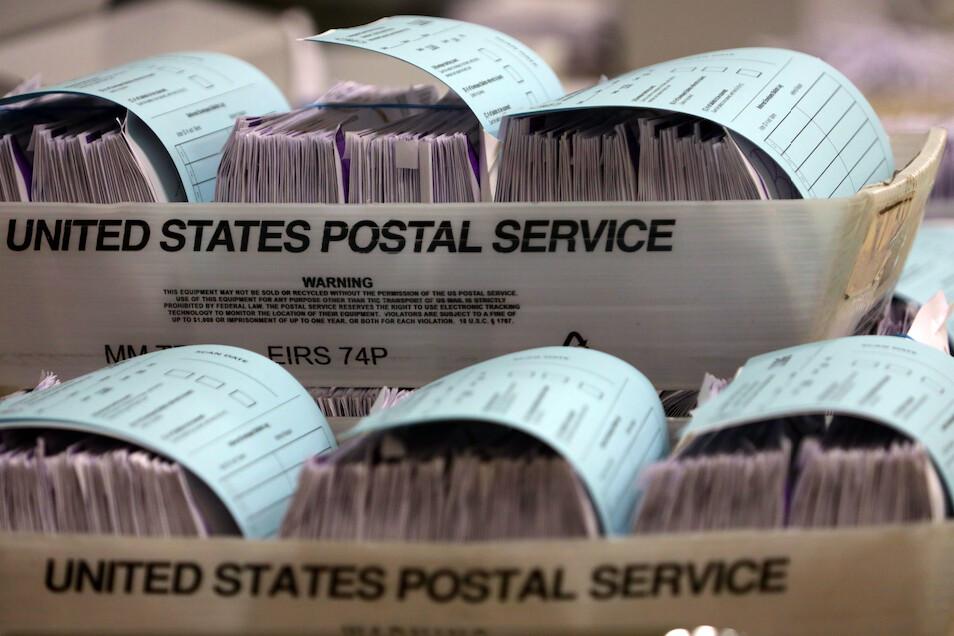The Iowa Supreme Court on Oct. 21 upheld a Republican-backed law that prevents county election auditors from amending errors or filling in missing information in absentee ballot applications on behalf of voters ahead of the Nov. 3 presidential election.
In a 4–3 ruling just days before Iowa’s Oct. 24 deadline for absentee ballot applications, county election auditors will now be blocked from using the state’s voter registration database to fill in the blanks on voters’ applications, as they have done in prior elections. They will instead be required to send them back for applicants to fill in, or contact voters directly to obtain the required identification information.





